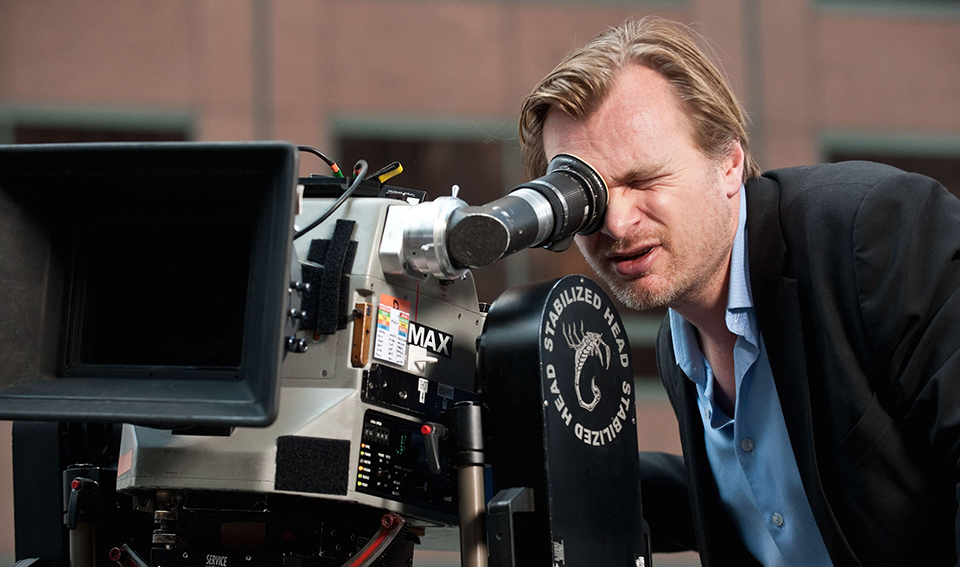Hollywood undergoes a dizzying amount of changes every year. New trends arrive in film and quickly fade away depending on how audiences receive them. Trends like these, whether welcome or unwelcome, dominate Hollywood.
The Driving Force
Last summer, Lucasfilm sacked Colin Trevorrow, who they hired to direct Star Wars: Episode IX. The studio cited creative differences as the reason behind the breakup and hired J.J. Abrams—director of “Star Wars: The Force Awakens”—to replace him. This marked a new and somewhat alarming trend, one that sees the role of directors taking a backseat in Hollywood.
Directors hold one of the most famous and coveted jobs in the movie industry. Apart from actors, directors have one of the most important parts of a production. Just like any other job, the role of the director has evolved throughout the years. Cinematic legends such as Orson Welles, Stanley Kubrick and Alfred Hitchcock were groundbreaking in their approach to films. They were the ones who set the trends by expanding the conception of what a director can provide in a movie. They made their films to showcase beautiful art and challenge people’s perception of the world around them. This made them stars in their own right.
Fast forward to more recent years, and one will see many renowned directors who have followed in their footsteps. Directors such as Steven Spielberg, Quentin Tarantino, Martin Scorsese, Christopher Nolan, Ridley Scott, David Fincher and Wes Anderson have proven themselves as celebrated filmmakers that stand out above the rest. However, they remain members of a dying breed, a class of directors that has become more and more rare.
Age of the Blockbuster
Hollywood has transitioned into the age of the blockbuster, and this new trend places less of a priority on a competent director and focuses more on making a marketable hit. Marvel Studios created the idea of a shared cinematic universe where multiple connected stories can be told and characters can meet each other like never before. Though they often produce good films, this means that studios focus on telling the story they want to tell, rather than the story the director wants to tell. The directors become a figure that oversees the production. They have their own creative input and vision, but that goes out of the window if it fails to line up with the studio’s vision.
This happened when Marvel Studios parted ways with Edgar Wright who they hired to direct “Ant-Man” in 2014. Wright explained in Variety’s Playback Podcast that he left when Marvel decided to create a new draft of the film without Wright.
“I wanted to make a Marvel movie but I don’t think they really wanted to make an Edgar Wright movie,” Wright said in the podcast. “Suddenly becoming a director for hire on it, you’re sort of less emotionally invested and you start to wonder why you’re there, really.”
Studios place more of an emphasis on having a competent script instead of having a competent director. For example, Lucasfilm hired Phil Lord and Chris Miller to direct the upcoming “Solo: A Star Wars Story” in 2015. Last summer, they fired Lord and Miller after rumours that they were not taking the film in a direction that Lucasfilm approved of. Lucasfilm brought on Ron Howard—an accomplished director—to replace them and oversee the rest of the production. This happened in the same summer that Lucasfilm fired Trevorrow.
In the age of the blockbuster, Hollywood has relied less on individual directorial genius and more on beloved franchises that draw a bigger crowd, thus bringing in more money. This makes it harder for younger and lesser known directors to prove themselves. The pool of directors with a name big enough to draw the same crowd as a blockbuster has grown smaller and smaller.







